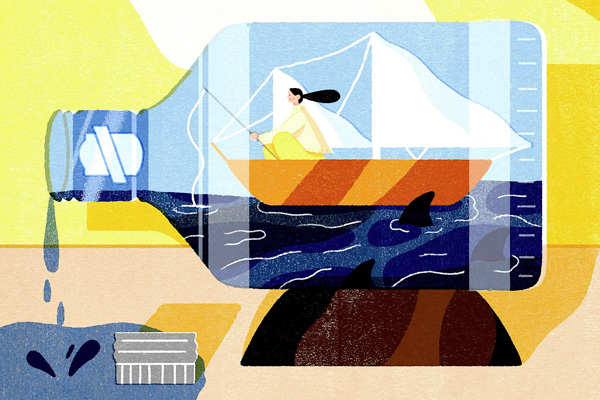Liquid Comfort –
April 29, 2020 – “If you believe alcohol will make you feel relaxed, then as soon as you open that bottle of wine or put that drink to your lips, you’ll probably start to feel relaxed.” “If you’re consuming quite a few drinks to reduce stress and you do this all the time, what happens is that you start to alter your brain chemistry,” he says. “The brain’s normal non-alcohol state begins to change, and in some cases it may become a more anxious one.” This new anxiety baseline can fuel further drinking, and so there’s a snowball effect where stress and alcohol feed off each other, Michael Sayette, PhD, an alcohol researcher and professor of psychology and psychiatry at the University of Pittsburgh says….
(T)he notion that alcohol “calms the nerves” is an ancient one. In some of his work, Sayette quotes the Greek poet Alcaeus, who wrote, “We must not let our spirits give way … Best of all defenses is to mix plenty of wine, and drink it.” These old and persistent beliefs have some truth behind them. “Alcohol is an anesthetic,” meaning it dulls pain, says Rajita Sinha, PhD, founding director of the Yale School of Medicine Stress Center. “And physiologically, alcohol affects the body’s stress pathway in a very potent way.” She explains that alcohol can in some cases blunt the brain and body’s response to a stressful event.



